Julie Berry is the New York Times bestselling author of the 2020 NCTE Walden Award and SCBWI Golden Kite Award winner Lovely War, the 2017 Printz Honor and Los Angeles Times Book Prize–shortlisted The Passion of Dolssa, the Carnegie Medal– and Edgar Award–shortlisted All the Truth That’s in Me, the Odyssey Honor The Scandalous Sisterhood of Prickwillow Place, and the Wishes and Wellingtons trilogy. Her picture books include The Night Frolic, Happy Right Now, and Cranky Right Now. Julie holds a BS from Rensselaer Polytechnic Institute in communication and an MFA from Vermont College of the Fine Arts. Julie lives in western New York, where she owns Author’s Note, an independent bookstore.
My writing journey began at age 9 when my mother gave me a Norman Rockwell-themed diary for Christmas. I remember the intoxicating thrill of writing my daily dose of drivel, night after night, in my jammies.
From the start, I wrote as if to a friend. “Hi there!” I would begin. “Howdy-doody!” when I felt frisky. I closed with, “Goodnight” or “See you tomorrow” or “Hasta la vista, baby!” Man, was I clever. The entries themselves: “My sister and her husband came for dinner,” or, “I played with the dogs, then watched ‘He-Man’ then read ‘Prince Caspian,’” or “I love Danny Peterson. Dan Peterson, heart-heart-heart. Julie Peterson. Mrs. Julie Peterson. Mr. and Mrs. Daniel Peterson.” [Names changed to protect the now-middle aged dude who never knew, in fifth grade, what fire he’d kindled nor what passion he overlooked.]
The mark was upon me: I was destined to write romantic literature.
My journal was my dear friend. Journal time was a nightly slumber party. I poured out my young wants and woes, and I squealed over my young joys. I became a gratifying listener to myself. I understood that the friend I was writing to was Future Me, so I knew my reader already loved me. I felt safe. I feared no judgment. I wrote:
• For myself
• To myself
• About myself
• As myself
• To amuse, please, and comfort myself
That’s how I still try to write today. But the topics have deepened somewhat.
My upcoming novel, If Looks Could Kill, is a death-clash between Medusa and Jack the Ripper. Both of them, the hunter and the hunted. We see this story through the eyes of two 18-year-old Salvation Army girls in the Bowery on Manhattan’s Lower East Side in 1888. One is a pious, judgmental goody-goody (she is me). The other is a self-deprecating, snarky doubter (she is me). One has been battered by hardship (she is me) and one has had a pretty cushy upbringing (she is me). Medusa is a loathsome Gorgon of murderous wrath. Obviously, she is me, right down to her last bared fang and serpent-curl. This novel is practically my memoir.
(I like to think I have my dark side, but Jack the Ripper is not me.)
True to form (recall Danny Peterson), this is also a love story, but not, and I want to emphasize this point, a romance between Medusa and Jack the Ripper. Ew.
I wrote this story, or rather, I loved this story into being by writing it for me, to me, about me, and as me, to amuse, please, and comfort me.
How do we mold our stories into pleasing us more? By learning to write like ourselves.
The more I write, the more I write like me. Hours of practice have taught me to listen to the stillness of my own response, to perceive my own quiet movement of surprise and delight, of poignancy and rightness. Or wrongness – I’m better now at recognizing my shifts to detachment, boredom, distraction, and irritation when it’s not working.
Both journaling and writing fiction have taught me to listen, and to trust myself – to lean ever more deeply into that trust, knowing I won’t let me fall.
If writing is a journey, we are the travelers, and we are the destination. Our writing can’t help being a travelogue of our own journeys inward toward greater self-knowledge and self- compassion.
We have one precious thing to offer the world. Only one: our unique brains, or, if you like, our unique souls. No one else has your exact genes (not even identical twins), and no one has lived your experiences. Your brain is a heady cocktail (yuk yuk) of you-ness. What goes on inside you is one thing I can’t Google and one thing AI can never rip off.
So the better you know yourself, the better you can share yourself with the world through words.
But, I hear you say, I’m boring. Prosaic. Pedestrian. Suburban. Vanilla.
Not so. Not possible. Not if you’re alert and alive.
Your mind possesses enough richness, enough memory, enough moods and modes and changeability for an eternity of stories. You will run out of days to be alive long before you run out of ideas.
I invite you to immerse yourself more in writing for yourself, to yourself, about yourself, as yourself, to amuse, please, and comfort yourself. Best of all, to know yourself.
My imagination may travel far, but it faces one tragic limitation: it’s trapped inside my own body. I can only experience the world through the filter of me.
I am, in short, wildly curious to know what it’s like to be you. Whoever you are, whatever you are. In all your blessed ordinariness, which isn’t ordinary, because nothing is. Gimme you. Gimme 100% unadulterated you.
If you’re not sure how, keep on writing. Listen closely to how your writing makes you feel. Stick with the journey. If all else fails, write about Danny Peterson. He certainly served me well.

If Looks Could Kill by Julie Berry
In the fall of 1888, Jack the Ripper escapes to New York City, but his reign of terror draws the attention of a powerful and ancient force: Medusa, newly awakened and out for vengeance. Meanwhile, Salvation Army volunteers Tabitha and Pearl uncover a brothel exploiting a girl they once helped, prompting them to join forces with an ambitious reporter and a charming bartender. As their rescue mission unfolds, their paths collide with both Jack and Medusa in a dark and dangerous Manhattan.
Order the book now: Bookshop.org | Amazon | Barnes & Noble

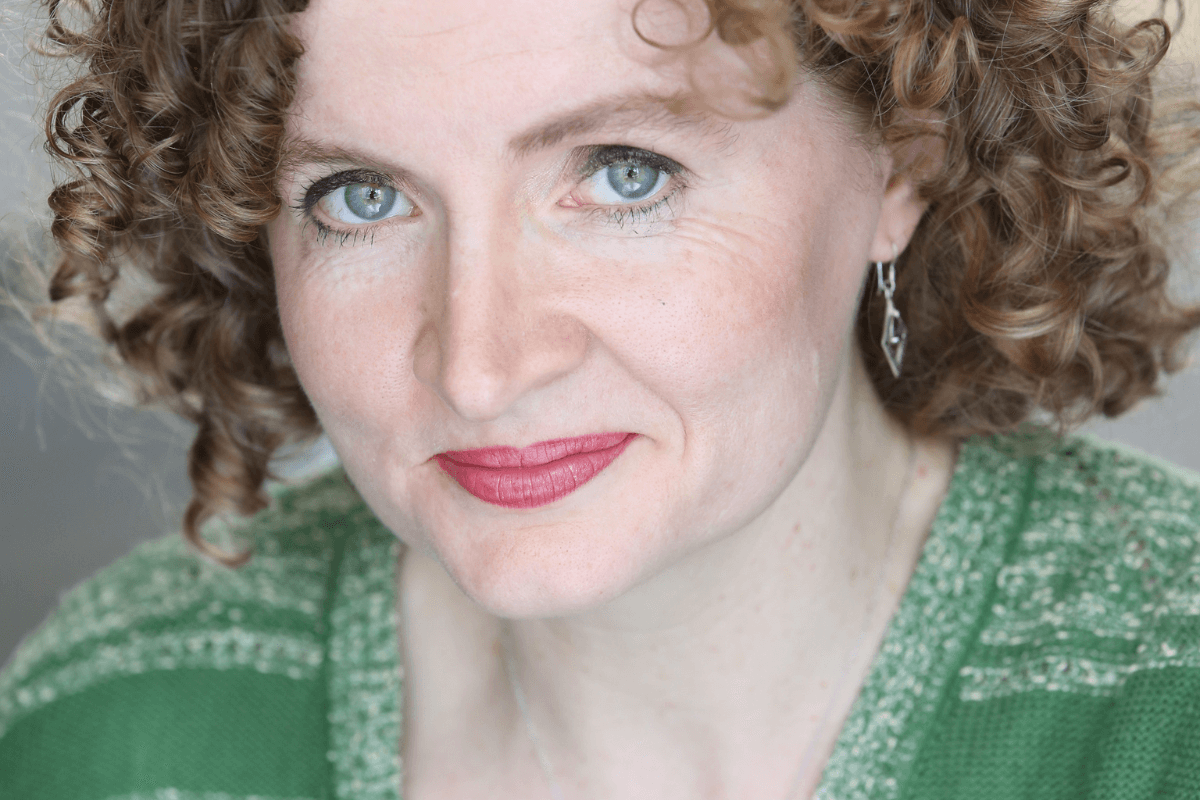
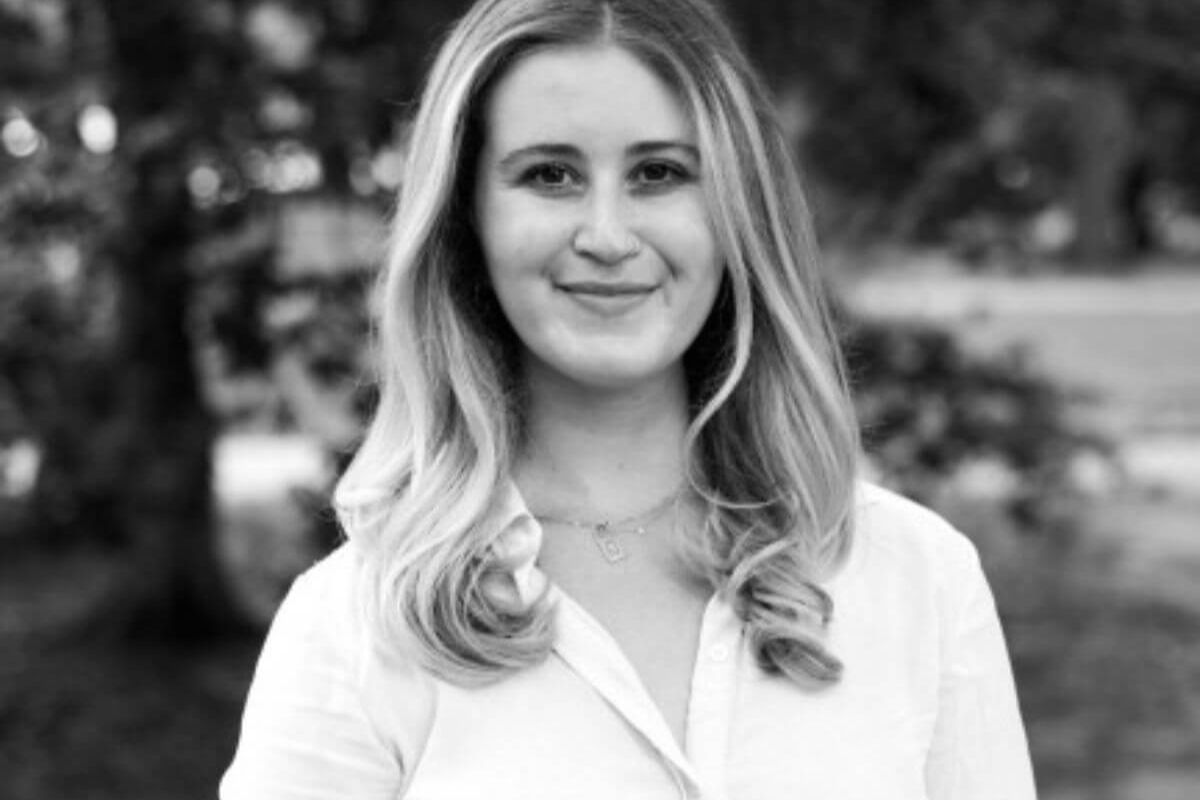


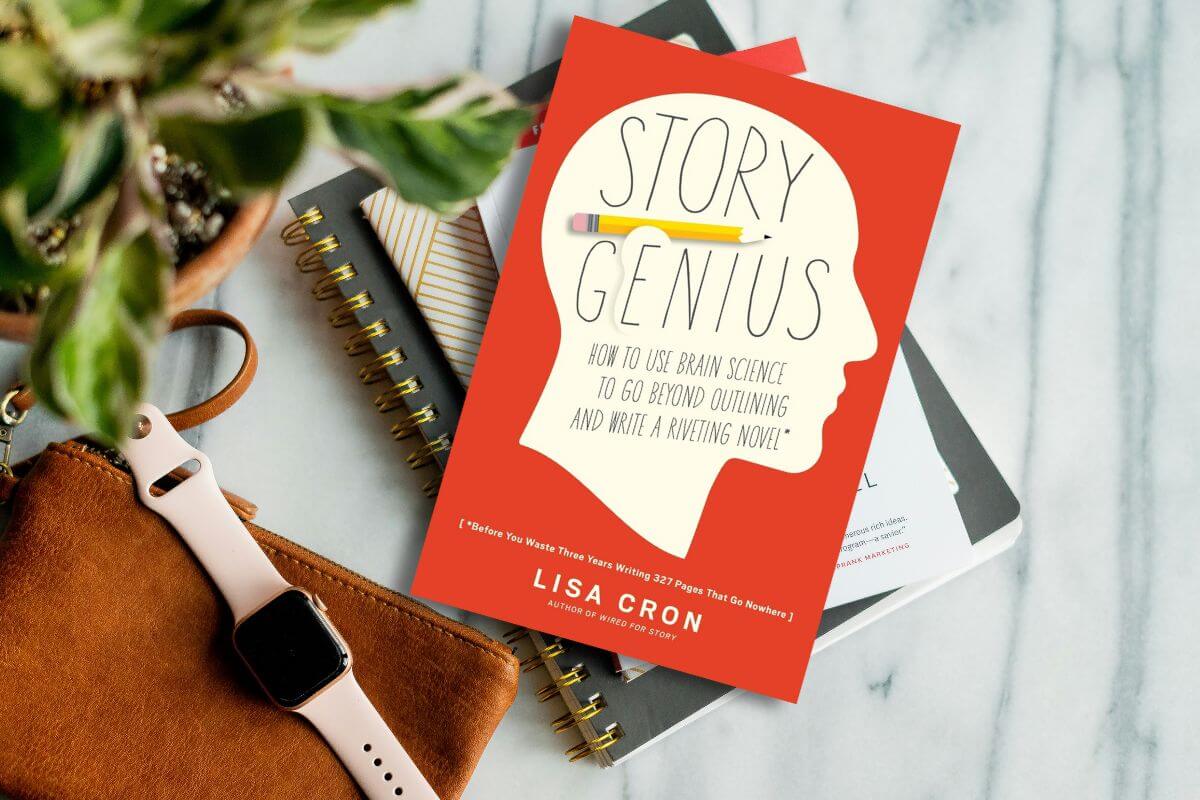
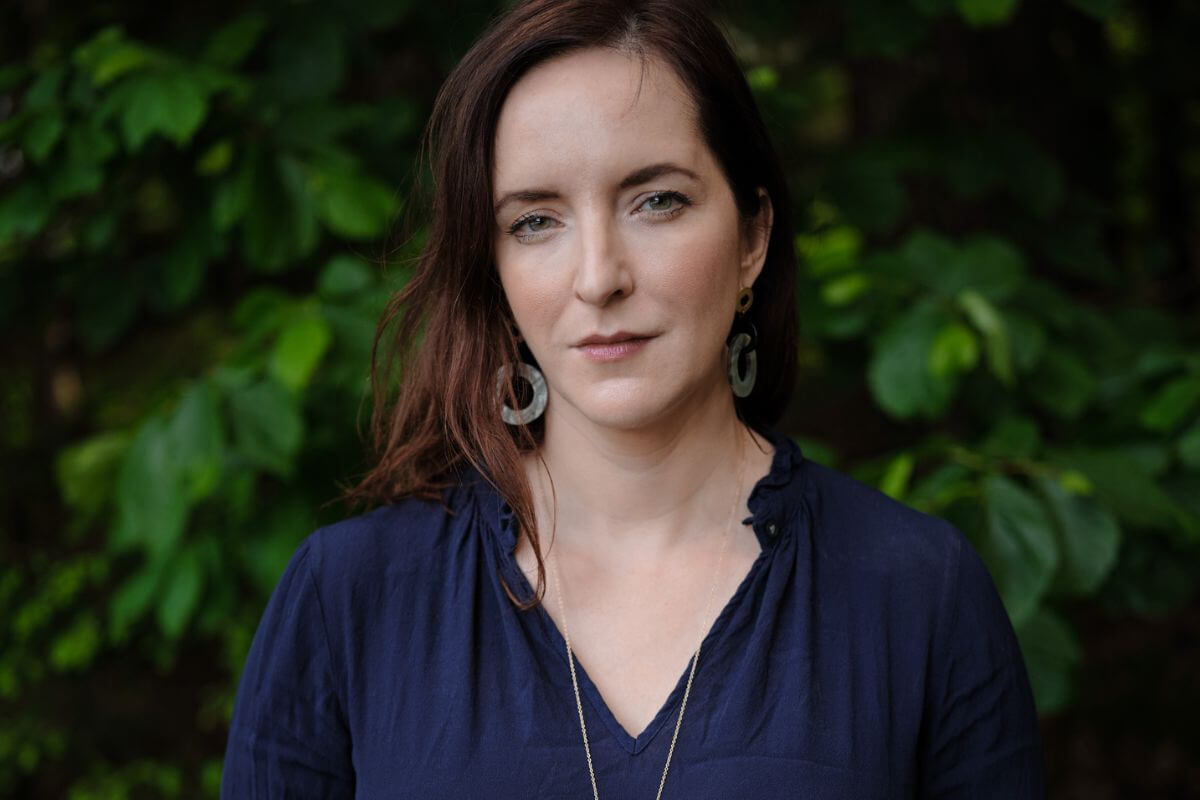
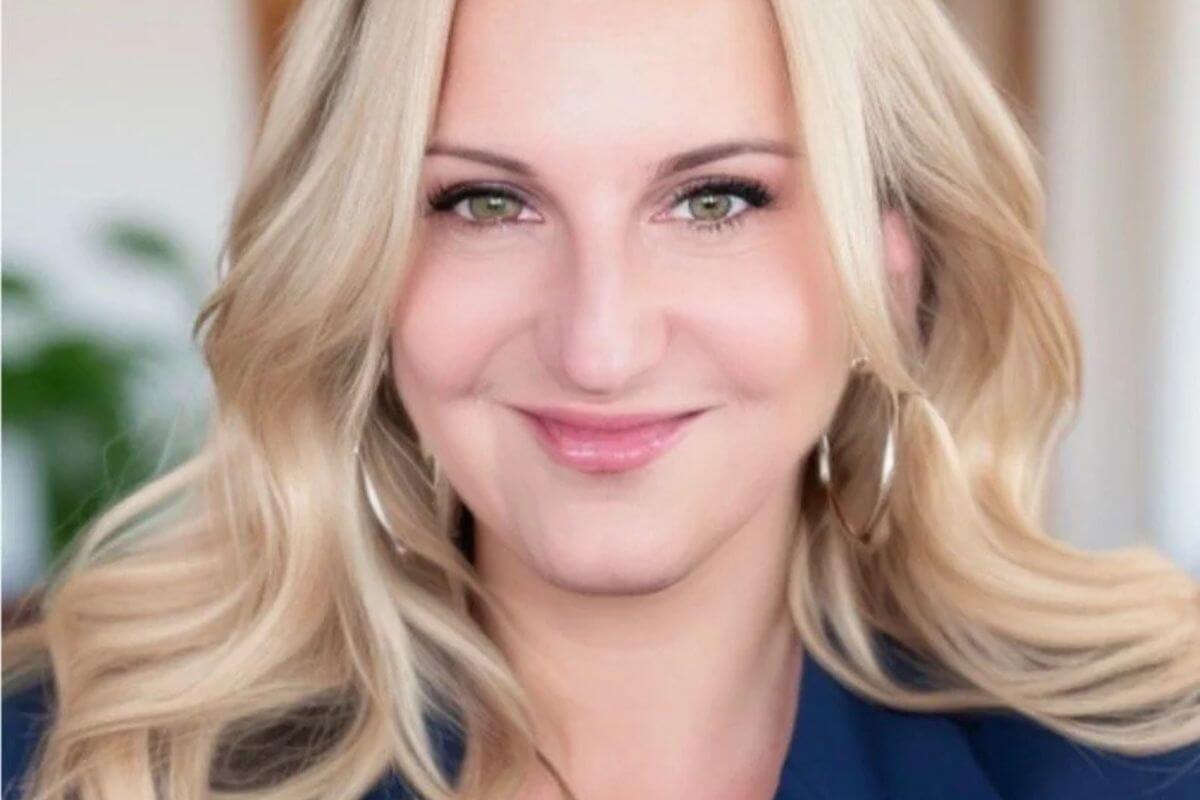

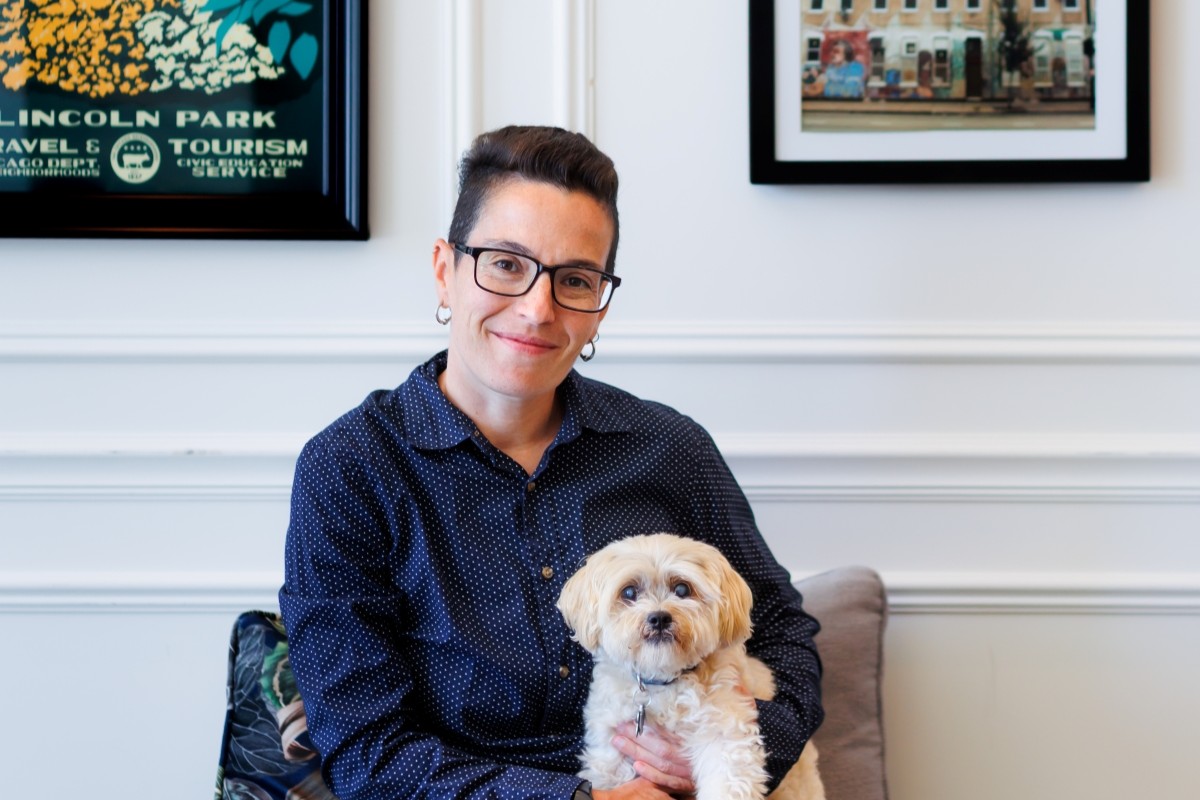


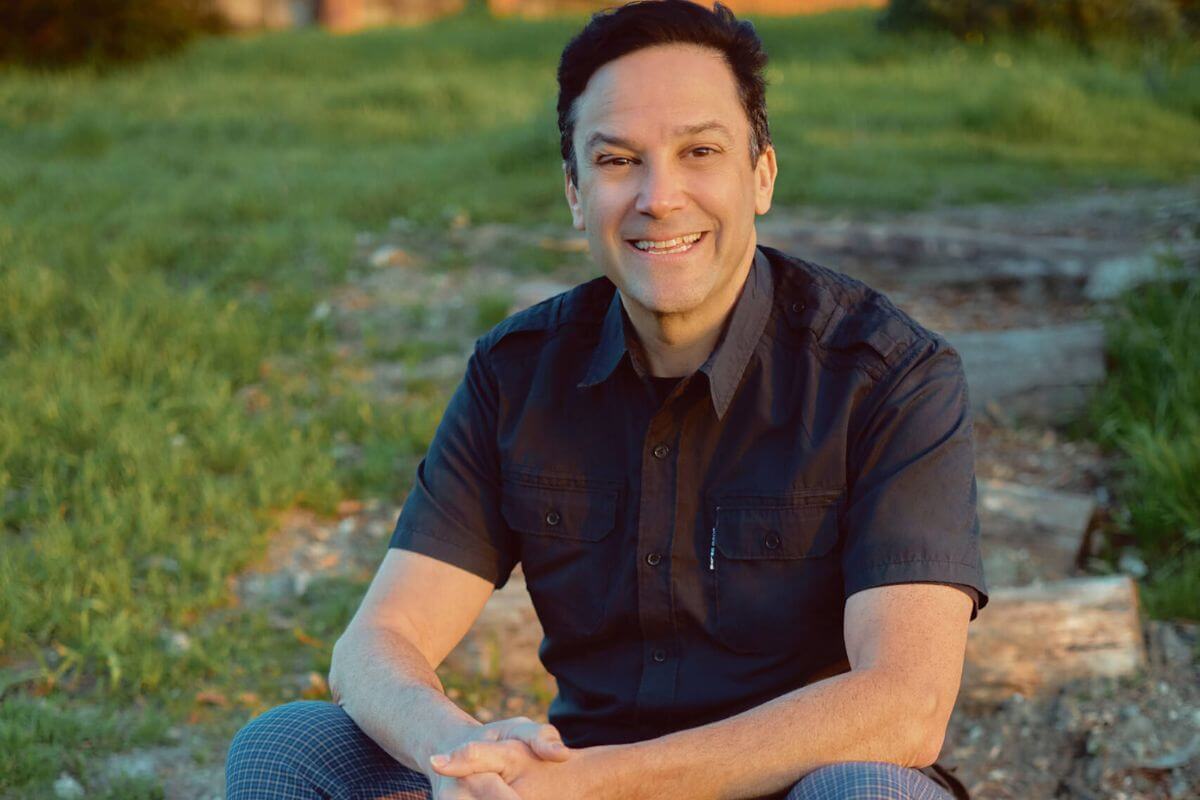

Leave A Comment